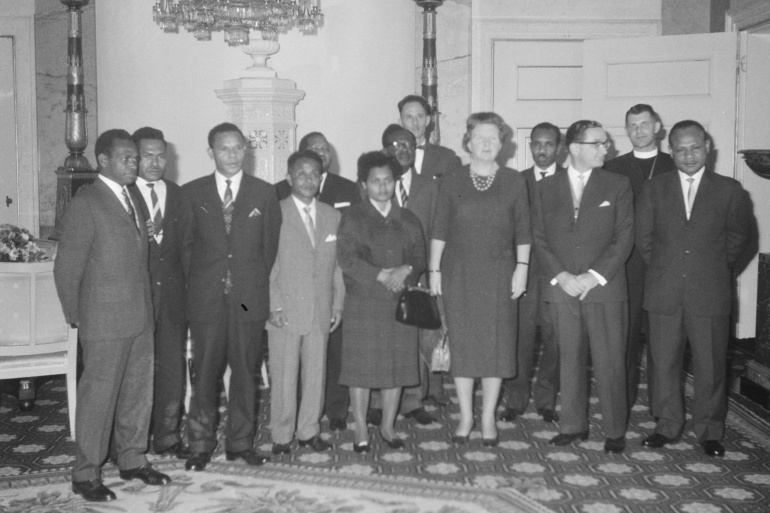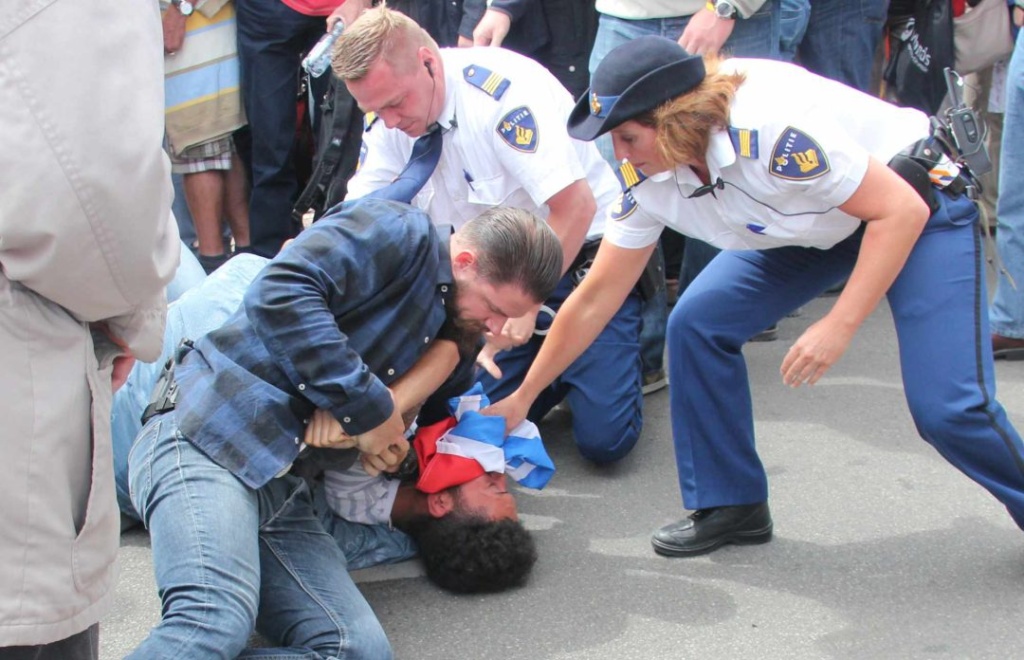A Shared History and a Forgotten Promise
West Papua and the Netherlands share a complex history rooted in colonial times. After Indonesia's transfer of sovereignty in 1949, Dutch New Guinea, now West Papua, remained under Dutch administration. The Netherlands saw itself as responsible for the region, investing in infrastructure and education, while still maintaining colonial power. In 1961, under Dutch leadership, a Papuan parliament was established, and the Morning Star flag was officially raised for the first time as a symbol of a future independent Papuan state.



The Moral Responsibility of the Netherlands
The transfer of West Papua to Indonesia led to decades of oppression and violent repression. Many Papuans feel abandoned by the Netherlands and refer to the shared history to draw attention to their situation. They point to the moral obligation of the Netherlands to speak out against human rights violations in the region and to support the right to self-determination.
The role of Dutch soldiers in New Guinea also deserves recognition. Between 1950 and 1962, around 30,000 Dutch soldiers were deployed to defend the region against Indonesian infiltrations. For many veterans, the struggle for New Guinea remains a sensitive subject. They fought for a territory that was ultimately politically abandoned, and many still maintain a strong bond with the Papuans they supported at the time. Despite the promises made by the Netherlands to the Papuans, their future was eventually handed over to a power that regards them as second-class citizens.
The Morning Star Flag: A Symbol of Struggle and Hope
The Morning Star Flag remains the symbol of Papuan identity and their quest for freedom. However, in 2014, the organization of Dutch Veterans' Day decided that this flag could no longer be carried during the parade. This decision was officially made to avoid political statements and to prevent diplomatic tensions with Indonesia. Minister of Defence Jeanine Hennis-Plasschaert stated that only official regimental flags were allowed, but veterans could display the Morning Star Flag elsewhere.
On June 28, 2014, during Veterans' Day, Iskandar Bwefar was arrested for waving the Morning Star Flag at the New Guinea veterans along the route. His arrest sparked significant debate over freedom of speech and the recognition of Papuan identity in the Netherlands. The ban on the flag and Bwefar's arrest highlight how charged the issue still is. Although the Netherlands has formally distanced itself from West Papua, the moral question remains: does the Netherlands not have an obligation to stand up for a people who once relied on its support?
The shared history between the Netherlands and West Papua cannot be erased. As long as the Papuans continue to fight for their rights and recognition, the debate over the Netherlands' role and responsibility will persist.

The History of West Papua: From Dutch New Guinea to the Proclamation of July 1, 1971
This timeline provides insight into the key moments of the Papuans' struggle for freedom and self-determination.

